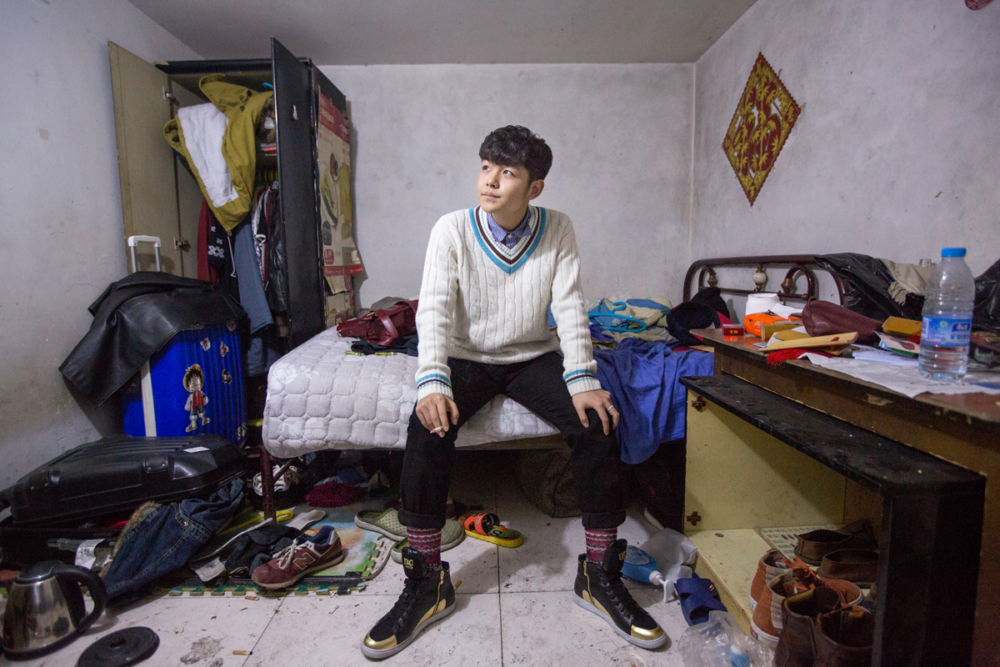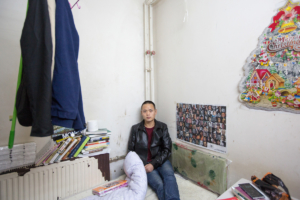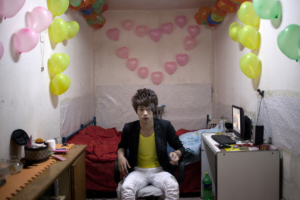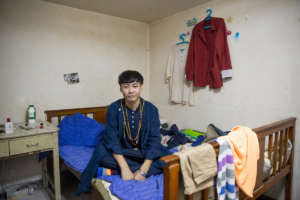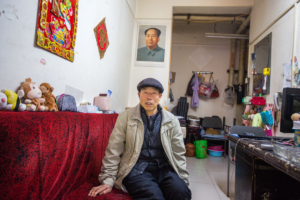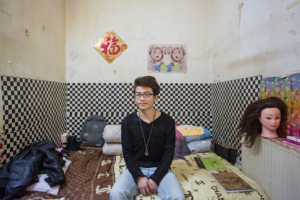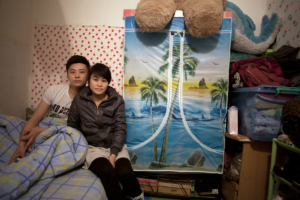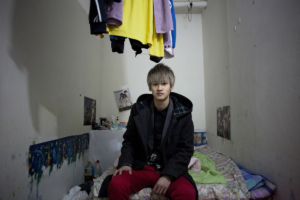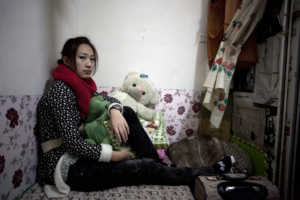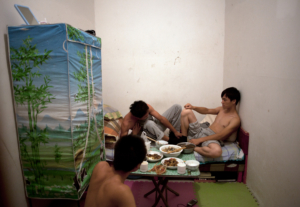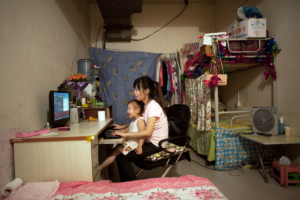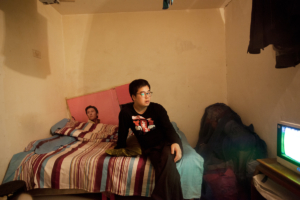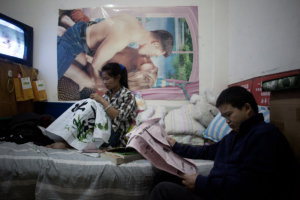Every morning, a metamorphosis takes place below the ground of China’s capital. In a world without sun or fresh air, people roll out of bed in windowless rooms, empty bedpans into communal toilets, pay 50 cents for a five-minute shower, ascend concrete stairways to the outside world and transform themselves from residents of the city’s most despised housing to strivers, hungry for a piece of the Chinese dream.
These new Beijingers, who number about 1 million, are known as members of the “rat tribe,” or shuzu, because they make their homes underground in warrens of small, often-dank rooms that are cheaper than almost anything they can find above ground. Originally built in the Cold War when Mao ordered underground bomb shelters to be dug out of a fear of being nuclear bombed by the Soviet Union, these were later commercialised and rented out.
Most of the residents are young arrivals, hoping for a foothold in China’s most important city, the center not just of politics, but of art, business and alternative lifestyles. They are actors and street sweepers, hair stylists and shampoo girls, newlyweds and in-laws, Buddhists and Christians.
Most of the units are technically illegal because the government has decreed that basements and former airraid bunkers shouldn’t be rented out, but like many things in China, they occupy a gray area. A huge market exists for the basement dwellings — roughly half the price of comparable units above ground — which often causes local officials to turn a blind eye. But the basement residents often face eviction.
Text by Ian Johnson
